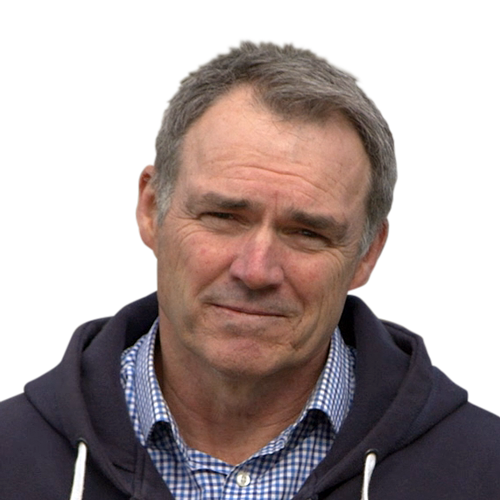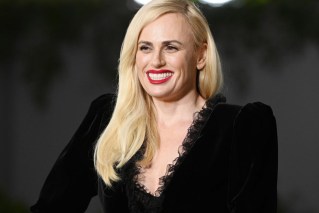Why Bill Shorten’s electric car target will become a reality


Auto-makers already have big electric plans for our beefy vehicles. Photo: Toyota
Prime Minister Scott Morrison may be determined to paint Bill Shorten as the enemy of ute owners over his ambitious electric vehicle target, but the reality is that the global automotive industry is way ahead of him.
Auto manufacturers are facing a legislative world demanding lower – and eventually zero – emissions. So, they are building vehicles that respond to that.
The most significant action of them all is the government-driven commitment to turn the world’s biggest car market in China electric. No auto brand on earth that wants to stay relevant and profitable can ignore that.
Australia has pretty much stood outside this developing global trend toward electric vehicles or the last decade, debating what to do about future emissions and fuel standards.
Despite the government’s scare campaign over electric cars, the ALP’s 50 per cent EV sales target by 2030 still pales against the likes of Norway’s 100 per cent target by 2025.
Regardless, utes are not going away as we know them in Australia, nor vehicles with big towing capacities.
Heavy-duty diesel engines and petrol V8s have no end date on them either. But electric motors fed by batteries – and maybe hydrogen fuel stacks – are going to become more common.
And ensuring you can have weekend fun and still be green, electricity will power utes and accessories they will tow. If electricity can power buses and prime movers it can haul a Jayco caravan.
The trend toward electrification even touches on the two vehicles Mr Morrison used as examples as he sought to score points last Monday; the Toyota HiLux utility and Hyundai i30.
Toyota has already committed to electrifying its entire model line-up by 2025. That means, having at least one powertrain that is hybrid in every model range it sells. That presumably includes the HiLux, the number one vehicle sold in Australia today.
It would still have a diesel engine, it would still have the ability to tow, but it would have its fuel consumption and emissions reduced because it would be able to run on electricity for a certain number of kilometres between recharges.
No, it’s not a pure EV ute, but they are coming too.
Tesla is planning one, so is the US start-up Rivian, which has just had a US$700 million injection of cash from Amazon.
Australian start-up ACE EV Group has launched a cargo van and is planning a utility, while China’s Great Wall Motors has declared its intention to sell an EV ute here, as has Korea’s SsangYong.
And what of Hyundai, maker of the i30?
Well, the Korean car maker has hinted at an electric ute too. But it’s already leading the way when it comes to the introduction of pure EVs in Australia. It has the $44,000 Ioniq hatch and $60,000 Kona compact SUV now on-sale in Australia. High-priced yes, because battery cost is one of the biggest issues for EVs the moment.
In a low-emissions regulatory future that Labor promises, having vehicles such as these in the line-up will enable a brand to sell CO2-emitting diesel-powered SUVs and utes as well as small affordable, petrol-powered hatches like the i30.
And speaking of electric SUVs; Tesla and Jaguar sell them while Audi, BMW, Mercedes-Benz and Volkswagen will soon all have them.
At the more affordable end of the market, Mitsubishi and Nissan already sell plug-ins, Toyota is soon introducing a hybrid RAV4 and Ford will launch its first plug-in hybrid in Australia in 2020; it’s an SUV called the Escape.
So, no matter what the PM says, Mr Shorten can’t dictate vehicle product planning policy to global car companies. But perhaps he can set the regulatory framework to provide more choice sooner for Australian car buyers.
Even the PM should approve of that.








